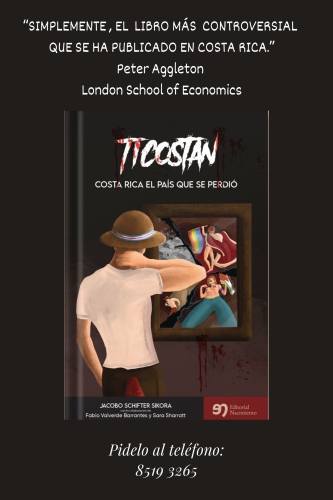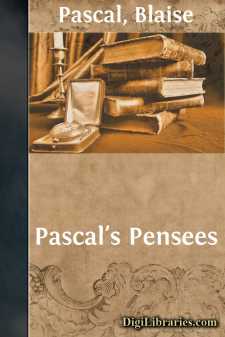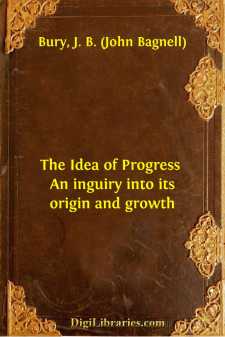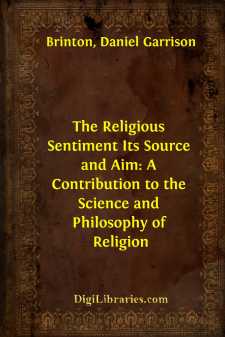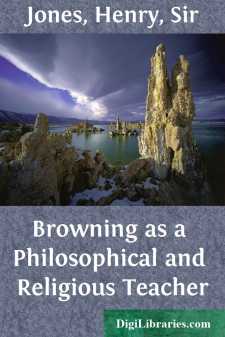Philosophy
- Aesthetics 11
- Eastern 1
- Ethics & Moral Philosophy 2
- General 30
- Hindu 2
- History & Surveys 3
- Logic 1
- Metaphysics 3
- Political 1
- Religious 7
- Social 3
- Taoist 1
Philosophy Books
Sort by:
by:
Jacobo Schifter
Un libro polémico acerca de los mitos sobre el país de "Pura Vida" que abarca una crítica mordaz a la cultura woke y al movimiento lbgtq.
by:
John Ruskin
The work now laid before the public originated in indignation at the shallow and false criticism of the periodicals of the day on the works of the great living artist to whom it principally refers. It was intended to be a short pamphlet, reprobating the matter and style of those critiques, and pointing out their perilous tendency, as guides of public feeling. But, as point after point presented itself...
more...
by:
Blaise Pascal
INTRODUCTION It might seem that about Blaise Pascal, and about the two works on which his fame is founded, everything that there is to say had been said. The details of his life are as fully known as we can expect to know them; his mathematical and physical discoveries have been treated many times; his religious sentiment and his theological views have been discussed again and again; and his prose...
more...
by:
John Ruskin
CHAPTER I. OF THE RANK AND RELATIONS OF THE THEORETIC FACULTY. Although the hasty execution and controversial tone of the former portions of this essay have been subjects of frequent regret to the writer, yet the one was in some measure excusable § 1. With what care the subject is to be approached.in a work referred to a temporary end, and the other unavoidable, in one directed against particular...
more...
We may believe in the doctrine of Progress or we may not, but in either case it is a matter of interest to examine the origins and trace the history of what is now, even should it ultimately prove to be no more than an idolum saeculi, the animating and controlling idea of western civilisation. For the earthly Progress of humanity is the general test to which social aims and theories are submitted as a...
more...
CHAPTER I. THE BEARING OF THE LAWS OF MIND ON RELIGION. The Science of Religion is one of the branches of general historical science. It embraces, as the domain of its investigation, all recorded facts relating to the displays of the Religious Sentiment. Its limits are defined by those facts, and the legitimate inferences from them. Its aim is to ascertain the constitutive laws of the origin and spread...
more...
PREFACE This book contains two closely related studies of the consciousness of nations. It has been written during the closing months of the war and in the days that have followed, and is completed while the Peace Conference is still in session, holding in the balance, as many believe, the fate of many hopes, and perhaps the whole future of the world. We see focussed there in Paris all the motives that...
more...
THE SPIRIT OF MUSIC "Art is the Manifestation of the Spiritual by means of the Material"Newlandsmith Music is a part of life. It is not merely an accomplishment or a hobby, nor yet a means of relaxation from the strenuous business of earning a living. It is not an addendum or an excrescence: it is an actual part of the fabric of life itself. The object of these pages will be to show how closely...
more...
by:
Henry Jones
CHAPTER I. INTRODUCTION. "Grau, theurer Freund, ist alle Theorie, Und grün des Lebens goldner Baum." (Faust.) There is a saying of Hegel's, frequently quoted, that "a great man condemns the world to the task of explaining him." The condemnation is a double one, and it generally falls heaviest on the great man himself, who has to submit to explanation; and, probably, the last...
more...
Out of necessity nursing, as a profession, reflects the qualities of the culture in which it exists. In our culture for the past quarter of a century nursing has been assailed with rapid economic, technological, shortage- abundance, changing scenes' vicissitudes. In the individual nurse these arouse turmoil and uncertainty. These cultural stirrings inflame that part of the nurse's spirit...
more...


